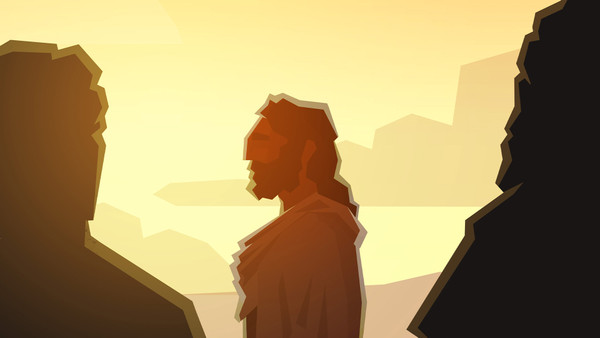
5:16

This video concludes Luke's epic portrait of Jesus of Nazareth, setting the stage for his second volume, Acts. The tomb is empty and Jesus is alive, seated as the ruler of God’s Kingdom.
What is one way this video encouraged or expanded your understanding of the Gospel of Luke?
Take some time to imagine being at the empty tomb on the day of Jesus’ resurrection. How would you feel? What would you say and do?
How does the ending of Luke’s Gospel account prepare us for his next book?
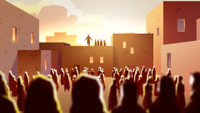
Episode 6
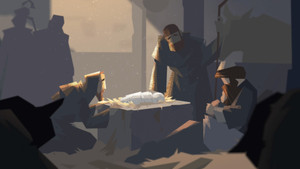
Episode 1
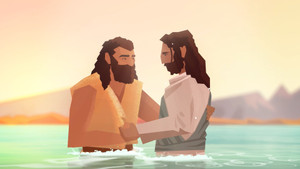
Episode 2
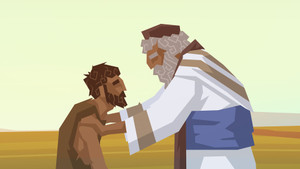
Episode 3
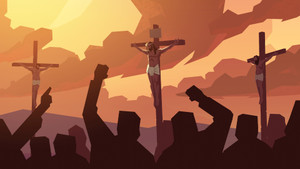
Episode 4

Episode 5

Episode 6
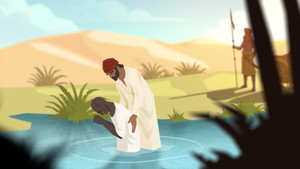
Episode 7
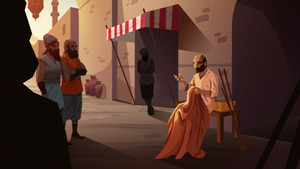
Episode 8
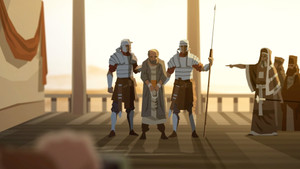
Episode 9